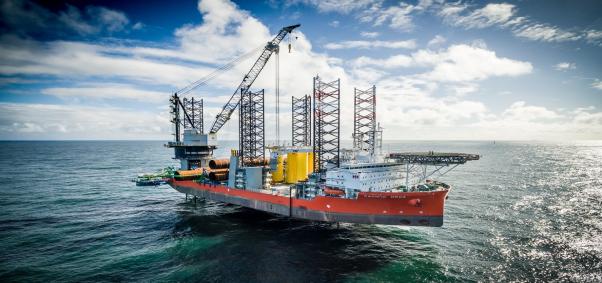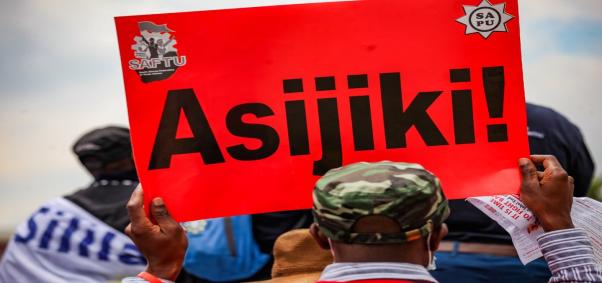
This article was published in The Huffington Post on April 29, 2015.
Paul Polman is the CEO of Unilever and a member of the Global Commission on the Economy and Climate.
Here’s a simple fact: taking decisive action on climate change will cost us less than failing to do so.
At Unilever, we operate in 190 countries with two billion people using our products daily. We take climate seriously because we know that it impacts those two billion people — and that means it impacts us, too. A changing climate already costs Unilever between $300 million and $400 million every year — mainly because of droughts and flooding — manifestations of climate-induced extreme weather that will only become more frequent in the future. When the climate hurts, people and businesses also feel the pain.
So we decided to act.
We teamed up with other global companies and governments and civil-society groups to form the Tropical Forest Alliance 2020, aiming to eliminate deforestation from the supply chain of palm oil and other key commodities like soy, paper and pulp, and beef. Halting all tropical deforestation and forest degradation could reduce greenhouse-gas emissions by 3 gigatonnes of carbon-dioxide equivalent per year. By comparison, total greenhouse-gas emissions in 2011 were 45 gigatonnes of carbon-dioxide equivalent. At Unilever, we already source all of our palm oil sustainably, and we are working hard to reduce our reliance on GreenPalm certificates and achieve our target of 100% traceable and certified palm oil by 2020.
This is just one of many ongoing public-private international-collaborative efforts proving that companies can drive a reduction in emissions without hurting economic performance.
Global businesses and investors are taking the lead in this crucial battle. More than 4,000 major companies are reporting their greenhouse-gas emissions, sending clear signals to their investors that they are serious about reducing the carbon pollution that is destroying our climate.
Investors with more than half of the total-institutional assets ($45 trillion) under management have subscribed to responsible-investing principles, with climate-risk management now becoming part of their fiduciary duty. And major players like Apple and Google are investing in huge renewable-energy projects and energy-efficiency initiatives.
The Global Commission on the Economy and Climate, comprised of leaders from business, government and academia and of which I am a member, reported last year that the world will require $90 trillion of investment in infrastructure over the next 15 years. This money will be invested anyway but we have the opportunity to invest it wisely, setting us on a low-carbon-development pathway.
There are a number of things we can do to increase the efficiency of our transition to an environmentally friendly, equitable world. For example, building more compact cities with good mass-transit systems would substantially reduce pollution and generate savings of more than $3 trillion over the next 15 years. And restoring just 12% of the world’s degraded lands to production would feed another 200 million people without having to raze forests.
Leading businesses are making large strides in ensuring a sustainable future, but ultimately, they can only do so much. In many countries, unpredictable signals on climate policy make it difficult for investors to make the right long-term choices. And subsidies to polluting fossil fuels persist, having reached an estimated $550 billion dollars in 2013, and continue to send the wrong signal. What we need are consistent and credible policy signals from governments that decisively shift us to a low-carbon-development pathway.
This kind of transformation needs ambitious government action at both the national and international levels in order to unleash the significant economic benefits.
To achieve policy stability and certainty, we need to establish a meaningful price on carbon and cut the billions of dollars spent each year on fossil-fuel subsidies, along with well-structured financial tools and rules. By reaching an ambitious and equitable international agreement in Paris at the end of the year, governments can assure investors that all countries are heading in the same low-carbon direction.
This, in turn, will lead global businesses like ours to direct investment and innovation in everything from clean-energy alternatives to smart infrastructure to agricultural technology, beyond what has been possible until now.
We are already responding to the climate challenge. It’s time for governments to join us in ensuring better growth and a better climate for all.






